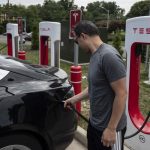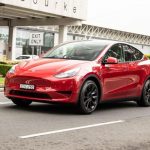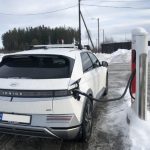Tesla has faced allegations of monopolizing the distribution of spare parts and maintenance for electric cars, resulting in higher costs and longer wait times for repair services, according to recent reports. The company recently emerged victorious in a class-action lawsuit that accused them of overcharging customers for repairs and selling spare parts at exorbitant prices. This verdict is significant as approximately 10% of Tesla’s revenue comes from their maintenance services.
The lawsuit was initiated by a Tesla Model S owner from California, who filed a complaint in a San Francisco court in March. The plaintiff alleged that Tesla enforced monopolistic practices, causing customers to pay excessive amounts for parts and endure extended waiting periods for repairs.
In the filing, the customer highlighted the difference between conventional vehicle owners and Tesla owners when it comes to addressing vehicle issues. Conventional vehicle owners have the flexibility to choose between various options for repairs, such as visiting a dealership, opting for private garages, or conducting self-repairs using original or third-party parts. However, Tesla owners have only one option: seeking maintenance at the company’s authorized service centers, utilizing genuine parts.
However, US District Judge Trina Thompson stated that the customers involved in the lawsuit failed to demonstrate that the alleged issues were widely unknown at the time of their vehicle purchases. The judge further emphasized that there is ample evidence showing that customers are aware of the costs associated with owning and operating Tesla vehicles.
Judge Thompson stated, “The plaintiffs claim that they were deceived regarding the frequency of component failures, accessories, and warranty periods. However, there is no allegation that consumers are, in fact, unaware of the costs and wait times.”
The judge also pointed out that the customers were unable to prove that Tesla coerced them into using the company’s maintenance services. Nonetheless, she mentioned that the plaintiffs could amend their complaint by combining claims from customers who have paid for repairs and parts for Tesla vehicles since March 2019.
Although the court ruled in favor of Tesla, customers continue to express valid concerns regarding the high costs associated with repairing Tesla vehicles, particularly when compared to other electric cars. Reports indicate that the expenses incurred for repairing electric vehicles are generally not substantially higher than those for traditional internal combustion engine vehicles. However, the average repair cost for Tesla vehicles is approximately 27% higher than that of similar-sized vehicles.
Tesla vehicle owners are not solely limited to the company’s official service centers for repairs. Last year, General Motors President Mark Reuss announced that the company’s dealership network had expanded to include maintenance and repair services for Tesla owners who prefer not to visit authorized garages to have work done on their “beloved cars.”
Thai Son (Tuoitrethudo)
Reference: Carscoops


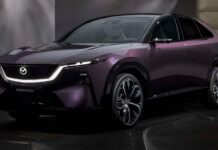



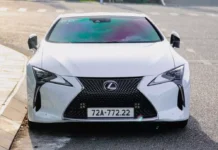
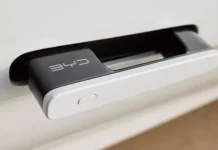





















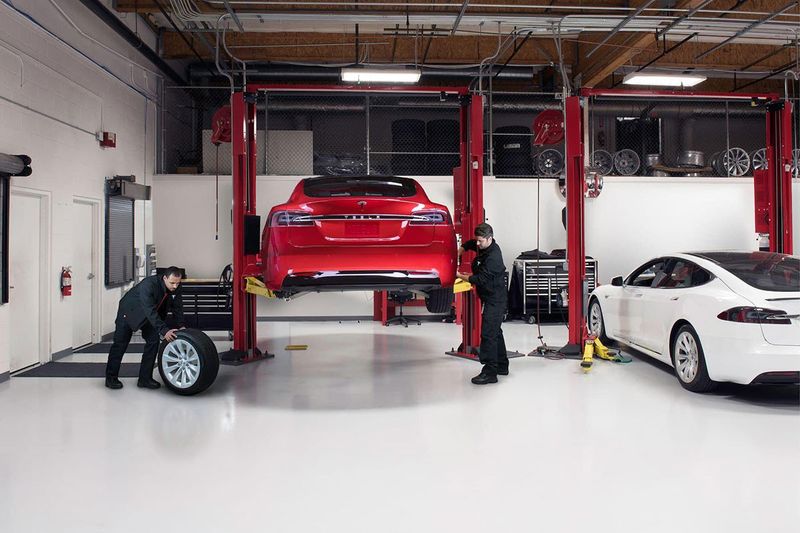
.jpg)
.jpg)
